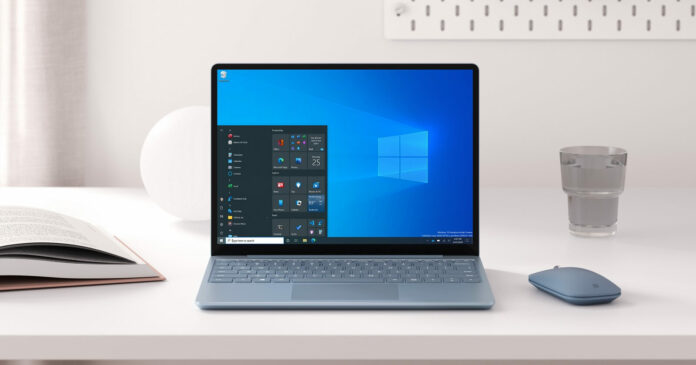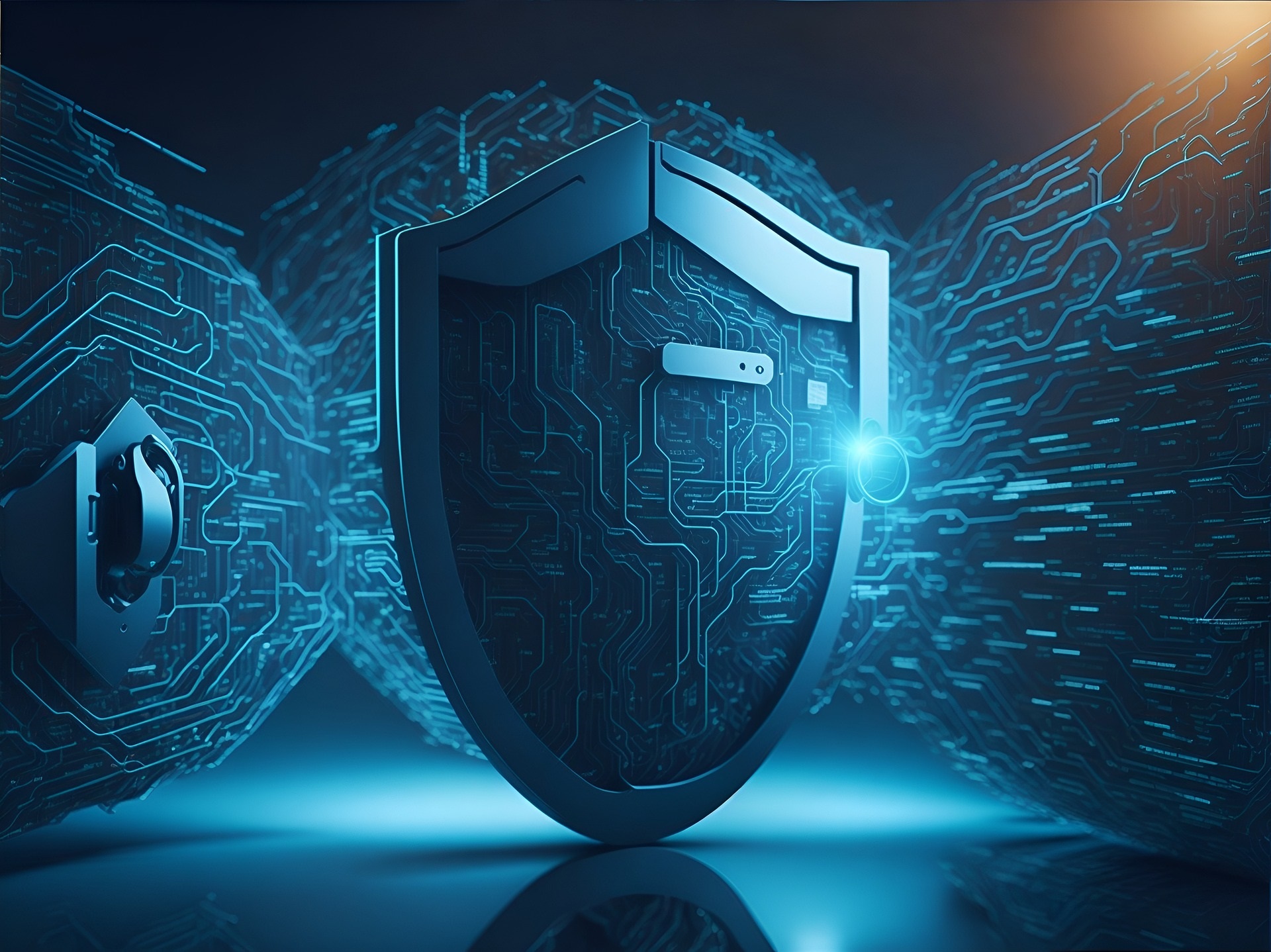How to protect your business from viruses and malware attacks
How to protect your business from viruses and malware attacks
Virus and malware attacks are increasing in frequency and becoming a lot more common. That’s why cyber security and anti-virus need to be a reality for every business today. Without these key defences, your business could suffer loss and damage customer trust. Virus and malware attacks have the potential to disrupt business continuity and even put you at risk of being in breach of legal regulations. That’s why it’s so important to ensure you have the right cybersecurity and anti-virus in place to protect your business from virus and malware attacks.
How to protect your business
- Ensure you have anti-virus and other protection software installed – You’ll need the latest versions of anti-virus and anti-spyware software to ensure that these are being updated regularly.
- Opt for secure authentication – This means positive password practices across the business, as well as multi-factor authentication and using biometric tools like fingerprints. It’s vital that passwords are never written down or saved anywhere that they could be easily accessed.
- Keep everything updated, all the time – It’s not just anti-virus and anti-spyware software that you need to keep updated but every aspect of your IT infrastructure. That includes operating systems and software tools as well as plug-ins. Doing this will ensure that you always have the most up-to-date security and that you aren’t vulnerable because you don’t have the latest patches.
- Implement control over who has access to your systems – You are much less likely to suffer virus and malware attacks – or to be unable to spot them – if you have extensive control over who has access to your systems. There are a number of tools that you can use to strengthen control, including firewalls and removing any inactive user accounts. You can also ensure that user privileges are minimised across the organisation and that only a few people have access to the most sensitive systems and networks.
- Create more security for your emails – Cybersecurity needs to encompass every single access to the way that you use IT, including when it comes to your emails. That’s especially so as email is a common entry point for malware. Make sure you’re scanning incoming messages, and attachments, for malware, set spam filters to reduce unwanted emails and train people in how to spot problematic messages and attachments.
- Implement monitoring for early warning – Monitor incoming and outgoing traffic so you’re aware of changes that could be problematic. Make sure you have processes in place to investigate any unusual changes quickly.
- Make your workforce the first line of defence – People can be an incredible strength in the fight against cybercrime – or the biggest weakness. Training is the key to this, including keeping everyone up to date on the latest risks and threats – as well as best practices. Create an environment where reporting unusual activity is encouraged and make sure users opt for VPNs outside the office.
SADS I.T. Cybersecurity Services
Protecting your business from virus and malware attacks requires robust cyber security, including a commitment to access control and defences like anti-virus. Don’t know where to start in terms of protecting devices, servers and broader endpoints? We do. In fact, our cyber security services are designed to help your organisation avoid the financial and reputational devastation that can result from a successful cyber attack.
Contact us to protect your business from the online threats of today.
You Might Also Like

End Of Life for Microsoft Windows 10 – October 2025

